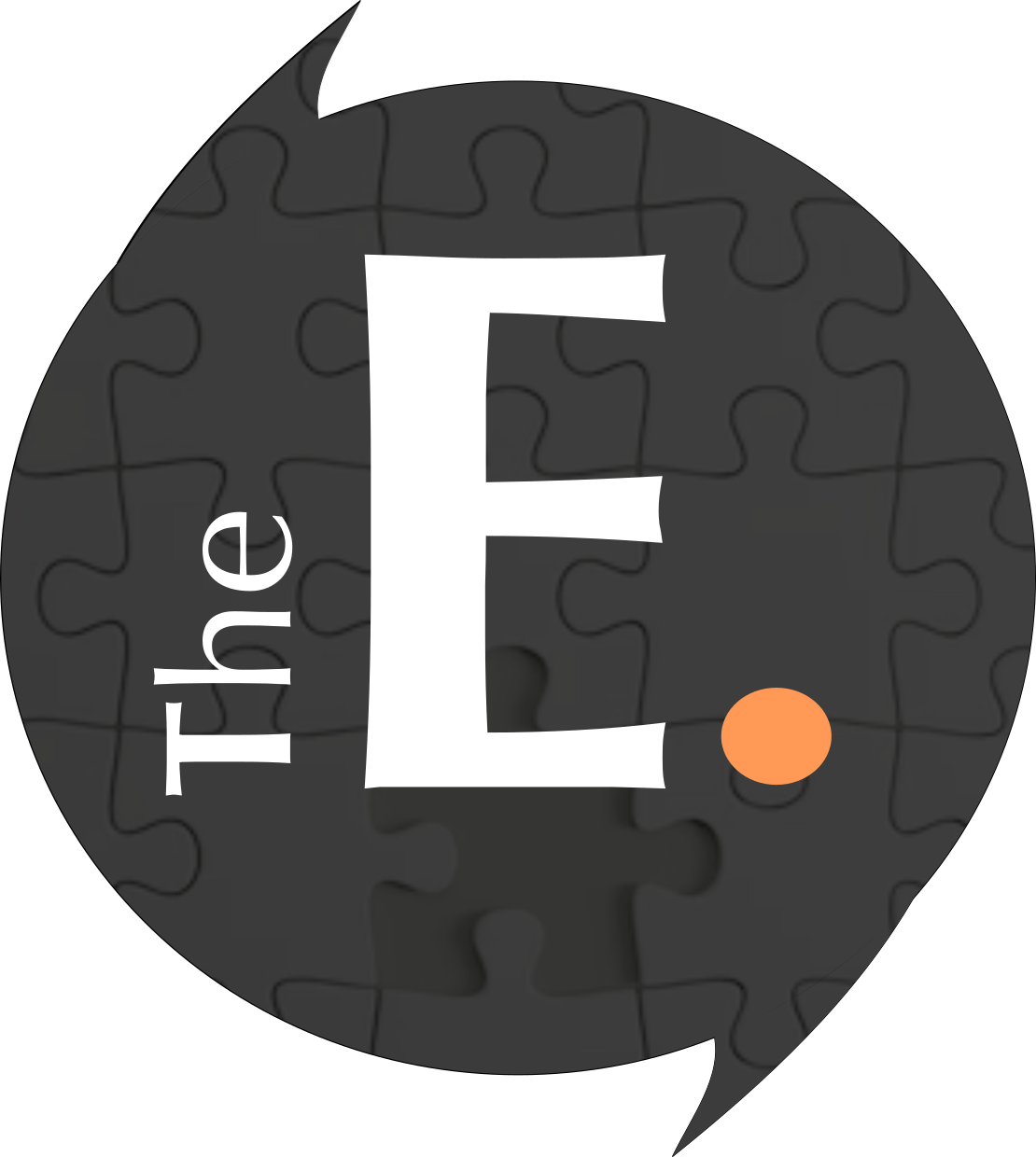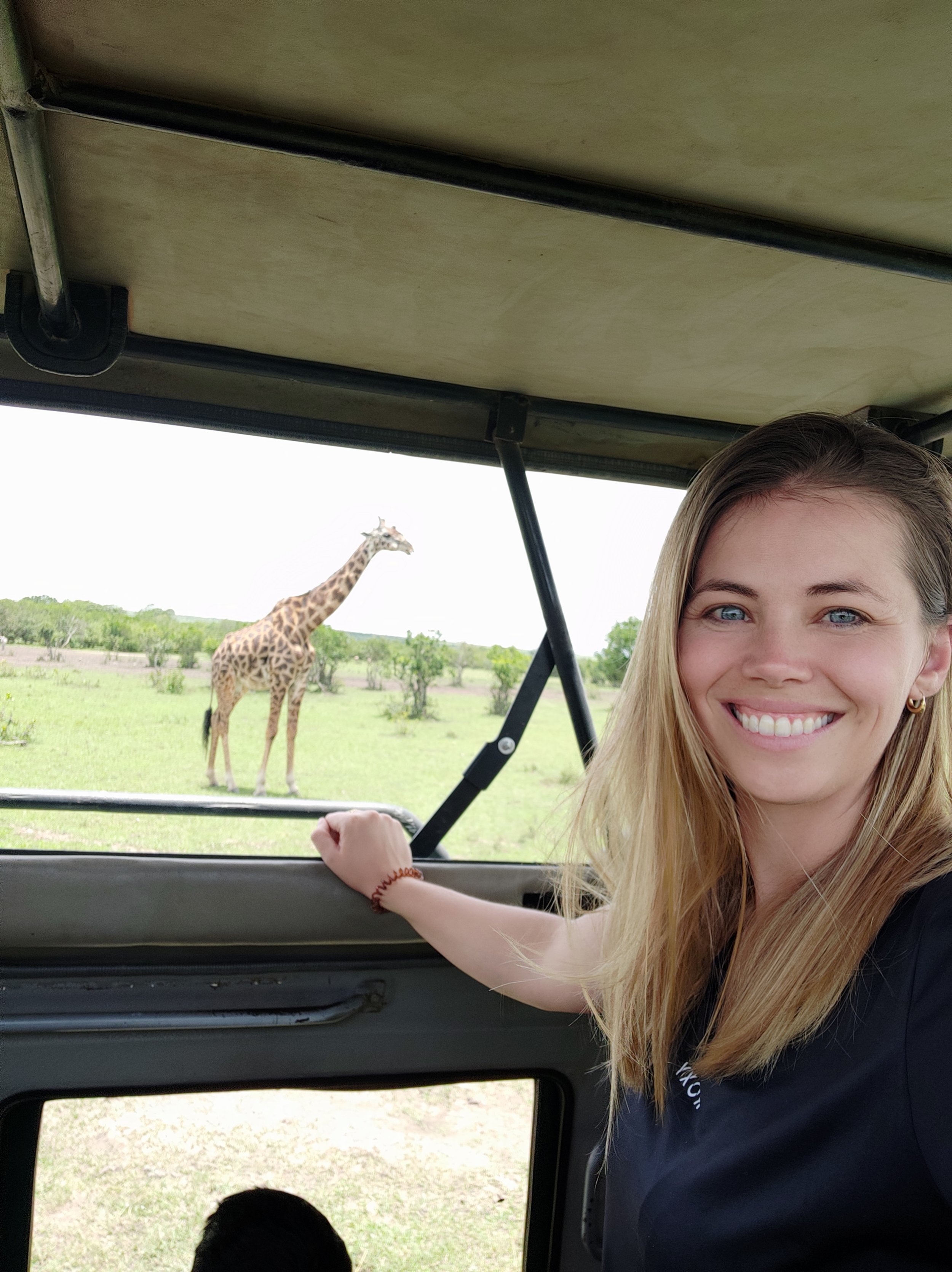Journey from Academia to Public Health Management: Dr. Camille Jacqueline
In an era where prominent science writers and Nobel Laureates are shedding light on the glaring issues within academia, we at The Experimentalist are dedicated to amplifying the voices of those who have chosen alternative paths to passionately pursue their scientific interests. We speak to Dr. Camille Jacqueline about her newfound role as EUPHEM 2021 fellow and her assignment with the World Health Organization (WHO) in Africa to understand the country-level disease surveillance system.
“I always wondered how scientific findings make a difference at the ground level and how task forces work together in crisis situations during outbreaks and calamities, like the pandemic we just faced. So when I got an opportunity to work with WHO in Nairobi, Kenya, I was excited to embark on this journey,” says Camille.
Camille in Masai Mara, Kenya
In Nairobi, Camille worked closely with the Drought and Food Insecurity Incident Management Support Team (IMST) to survey the management of outbreaks and response strategies implemented in the Great Horn region of Africa.
The Great Horn region of West Africa comprises countries that largely deal with poor health systems and food insecurities. Outbreaks such as cholera, measles, malaria, and meningitis are common in these regions. The IMST, in association with WHO, coordinates the responses of various health departments to emerging cases, collects survey data on the distribution of medicines and nutrition supplements, and provides recommendations to bridge the gaps in response strategies.
“IMST also conducts fundraising and outreach efforts to educate the local population and gain their support for our work,” explains Camille. She adds, “The health system here is different from what one might envision in Europe. It is complex and fragmented, with health workers and implementors using multiple systems to collect data on disease cases. The lack of a universal approach often comes in the way of solutions reaching every conflict-affected region. My role here has been to collect information on these surveillance systems and identify gaps. For example, in many countries, there is a lack of medical data on refugee populations. In places like Sudan, poor internet facilities make it impossible to store health records digitally. We also initiate dialogues with other agencies involved to be informed about other approaches.”
During her assignment with WHO in Nairobi, Camille also had the opportunity to explore some wildlife safaris at Masai Mara and immerse herself in the cultural landscapes of Kenya. “Working at the grassroots level has been amazing, and I became familiar with the culture here and how that shapes lifestyle in these countries,” says Camille.
After her postdoctoral experience in the USA, Camille was selected by the European Centre for Disease Prevention and Control (ECDC) to work at the Institute of Public Health in Spain as a Public Health Microbiologist. The nature of her work transitioned from fundamental research on vaccine development to a more community-health-based approach, consisting of short projects related to outbreaks and disease control that required expertise in medical microbiology and epidemiology. “I still work in the lab but most of my work also involves data management and working together with government agencies such as the Spanish Ministry of Health, ECDC, and WHO,” says Camille.
In recent years, careers in public health have experienced consistent and notable growth. Advances in technology and data analysis have opened new avenues in public health research. The field has become more interdisciplinary, attracting individuals with backgrounds in data science, biostatisticians, health educators, health administrators, environmental health specialists, and more.
If you are working on the interface between research and public health, we are interested in featuring you on our platform. Write to us.

